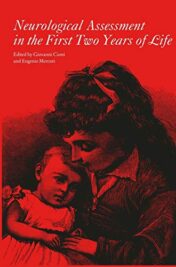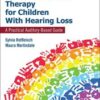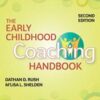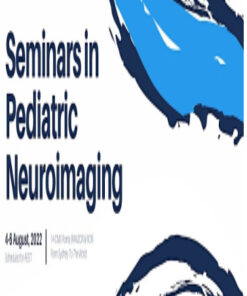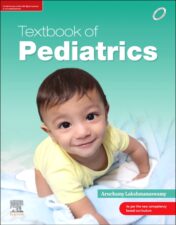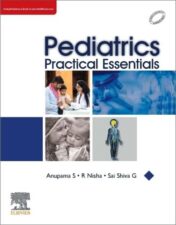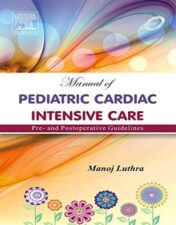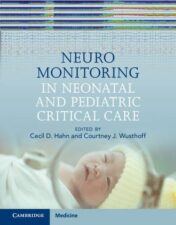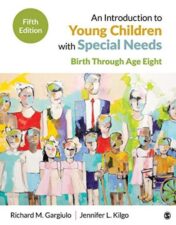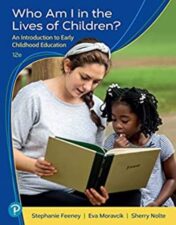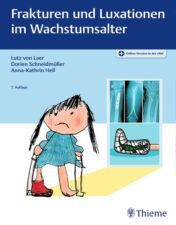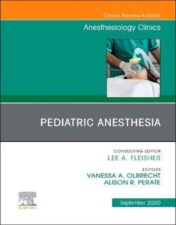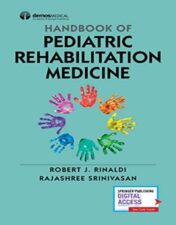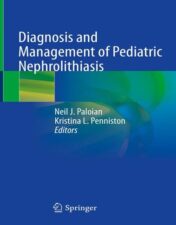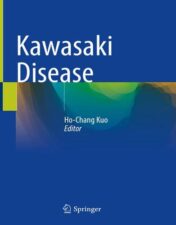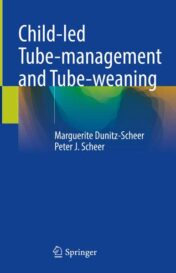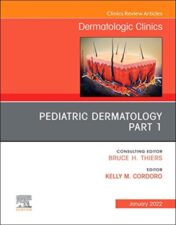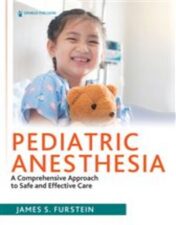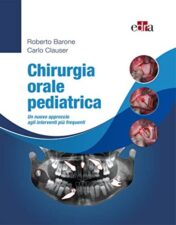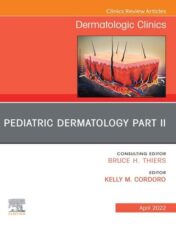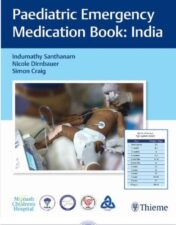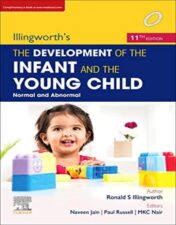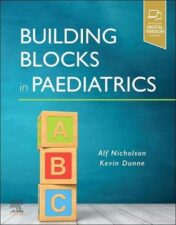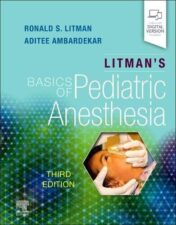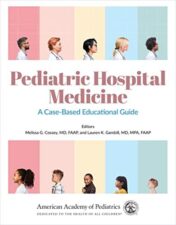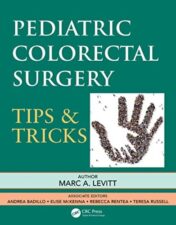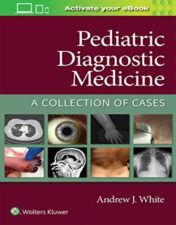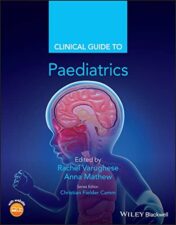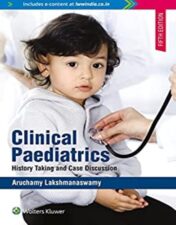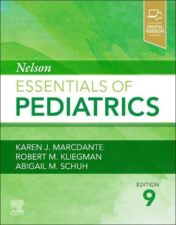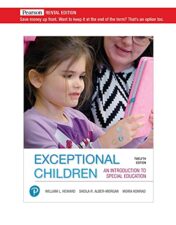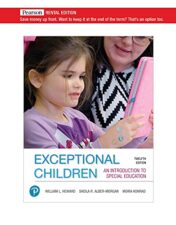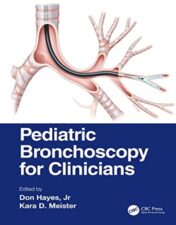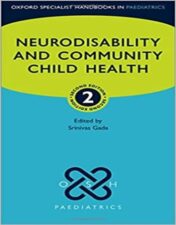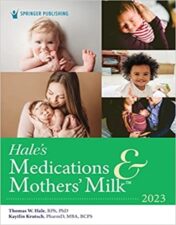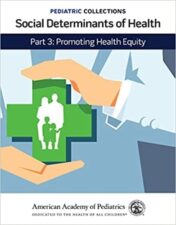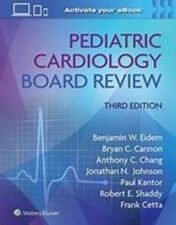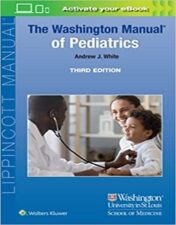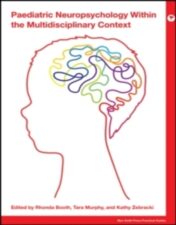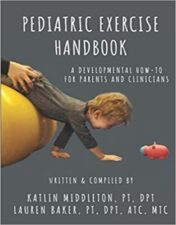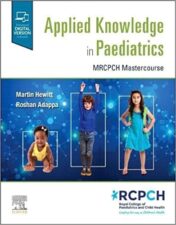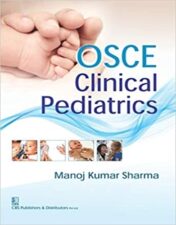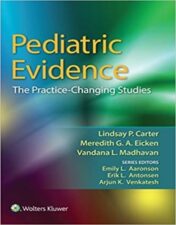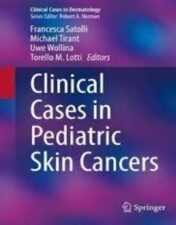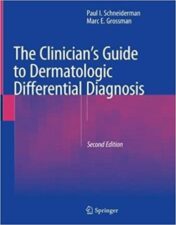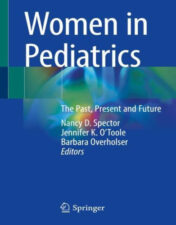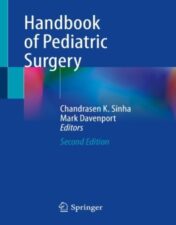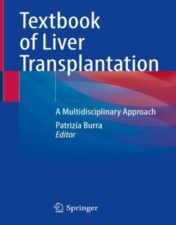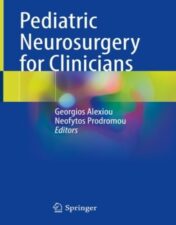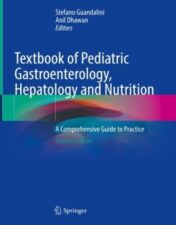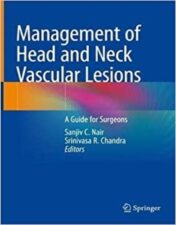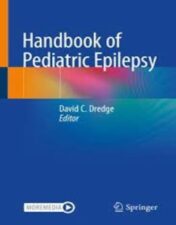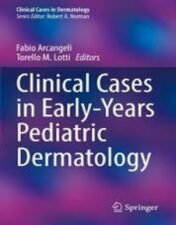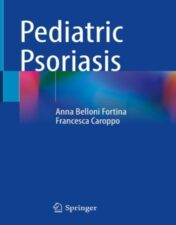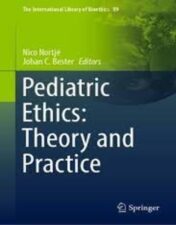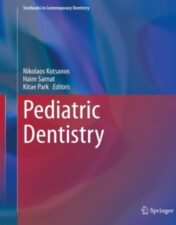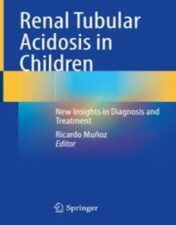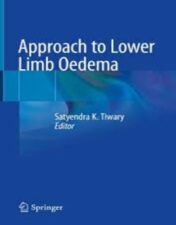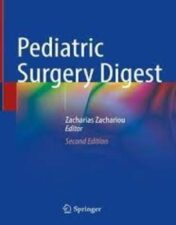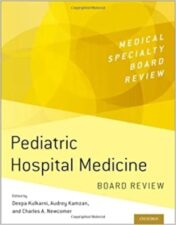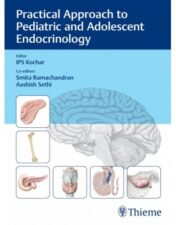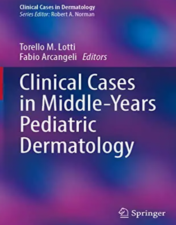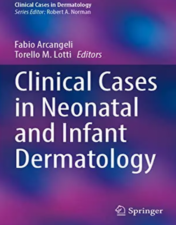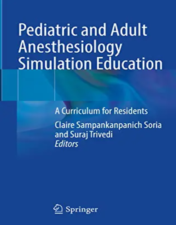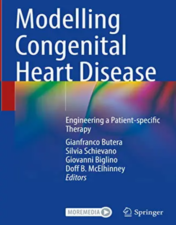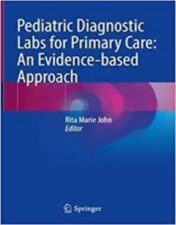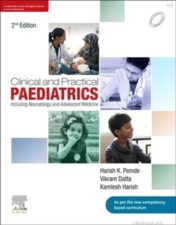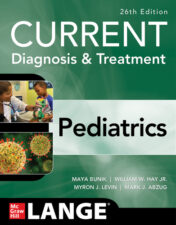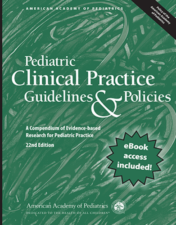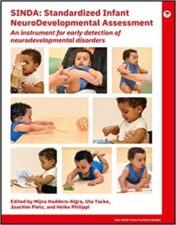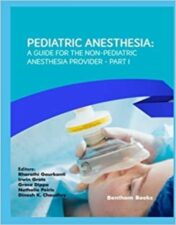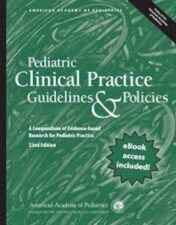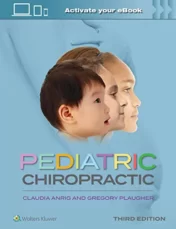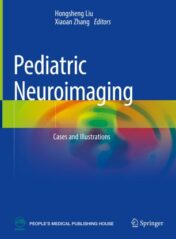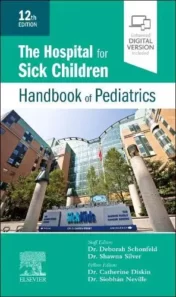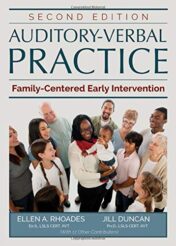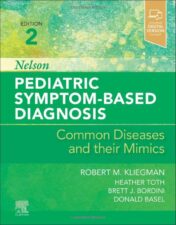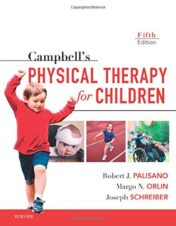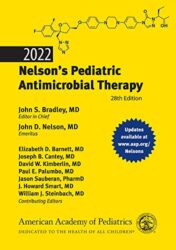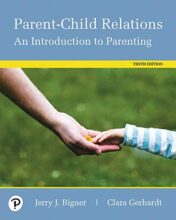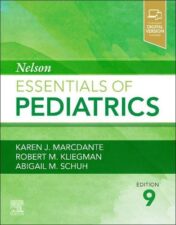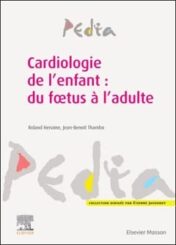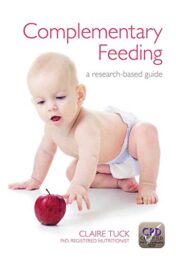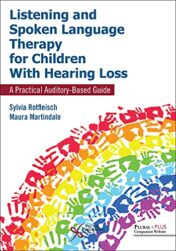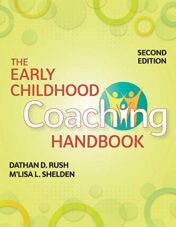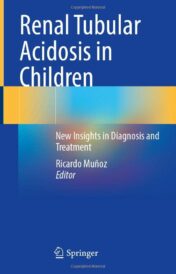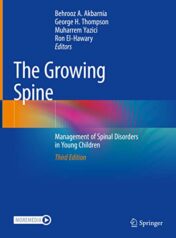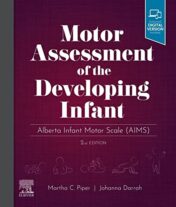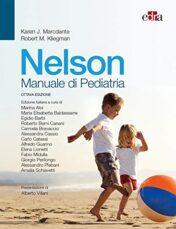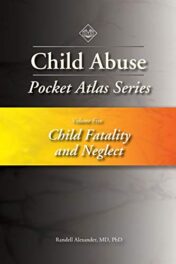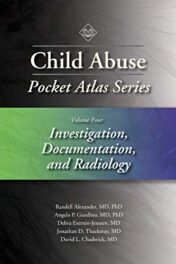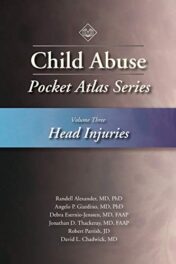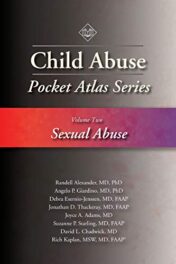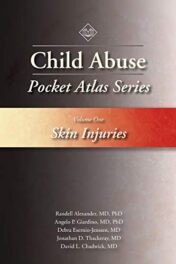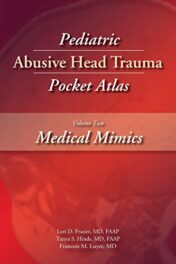Please log in to purchase this product.
Neurological Assessment in the First Two Years of Life 2008 Original PDF
Please log in to view the price.
Neurological Assessment in the First Two Years of Life 2008 Original PDF
The book provides a review of the state of the art of neurological assessment in the first two years of life and identifies the most appropriate instruments for the follow-up of newborns who are at risk of developing neurological abnormalities.
After a brief description of the neurophysiological basis of development in the first years, the book provides a comprehensive review of the various methods used for the neurological assessment in young infants describing how a combined approach of clinical and instrumental investigations can provide important diagnostic and prognostic information.
The first part of the book describes the most used clinical neurological examinations and their applications in infants with neurological abnormalities, followed by a description of the value of neuroimaging and neurophysiological techniques in normal preterm and full term infants in the first two years and the main types of abnormal MR findings of neurophysiological findings (EEG and evoked potentials) in relation to brain lesions.
Other sections include chapters describing techniques assessing specific aspects of cognitive, perceptual and sensory abilities. Special attention is given to hearing, language and communication and to development of vision and visual attention both in normal infants and in those with neonatal brain lesions.
The final chapters are devoted to intervention, describing how the identification of specific profiles of impairment can lead to the development of appropriate plans of early intervention.
Related Products
GENERAL PEDIATRICS
Seminars in Pediatric Neuroimaging 2022 (SPIN 2022) (CME VIDEOS)
GENERAL PEDIATRICS
Chestnet Pediatric Pulmonary Board Review On Demand 2022 (CME VIDEOS)
GENERAL PEDIATRICS
GENERAL PEDIATRICS
GENERAL PEDIATRICS
Manual Of Pediatric Cardiac Intensive Care Pre – And Postoperative Guidelines 2012 Original PDF
GENERAL PEDIATRICS
Neuromonitoring in Neonatal and Pediatric Critical Care 2022 Original PDF
GENERAL PEDIATRICS
GENERAL PEDIATRICS
GENERAL PEDIATRICS
Campbell’s Physical Therapy for Children, 6th edition 2022 Original PDF
GENERAL PEDIATRICS
Developmental-Behavioral Pediatrics, 5th edition 2022 Original PDF
GENERAL PEDIATRICS
GENERAL PEDIATRICS
Netter’s Pediatrics, 2nd Edition (Netter Clinical Science) 2022 Original PDF
GENERAL PEDIATRICS
GENERAL PEDIATRICS
Frakturen und Luxationen im Wachstumsalter, 7 Auflage 2022 Original PDF
GENERAL PEDIATRICS
GENERAL PEDIATRICS
Handbook of Pediatric Rehabilitation Medicine 2022 Original PDF
GENERAL PEDIATRICS
Diagnosis and Management of Pediatric Nephrolithiasis 2022 Original PDF
GENERAL PEDIATRICS
GENERAL PEDIATRICS
Child-led Tube-management and Tube-weaning 2022 Original PDF
GENERAL PEDIATRICS
GENERAL PEDIATRICS
Pediatric Anesthesia : A Comprehensive Approach to Safe and Effective Care 2022 Original PDF
GENERAL PEDIATRICS
GENERAL PEDIATRICS
GENERAL PEDIATRICS
Paediatric Emergency Medication Book: India 2022 Original PDF
GENERAL PEDIATRICS
GENERAL PEDIATRICS
GENERAL PEDIATRICS
Litman’s Basics of Pediatric Anesthesia, 3rd edition 2022 Original PDF
GENERAL PEDIATRICS
Pediatric Colorectal Surgery: Tips & Tricks 2022 Original PDF
GENERAL PEDIATRICS
Pediatric Diagnostic Medicine: A Collection of Cases 2021 High Quality Scanned PDF
GENERAL PEDIATRICS
Clinical Guide to Paediatrics (Clinical Guides) 2022 Original PDF
GENERAL PEDIATRICS
GENERAL PEDIATRICS
Nelson Essentials of Pediatrics, 9th edition 2022 Original PDF
GENERAL PEDIATRICS
Exceptional Children: An Introduction to Special Education, 12th Edition 2022 Epub+ converted pdf
GENERAL PEDIATRICS
Exceptional Children: An Introduction to Special Education, 12th Edition 2022 High Quality Image PDF
GENERAL PEDIATRICS
GENERAL PEDIATRICS
GENERAL PEDIATRICS
GENERAL PEDIATRICS
GENERAL PEDIATRICS
GENERAL PEDIATRICS
The Washington Manual of Pediatrics Third Edition 2022 Epub+Converted PDF
GENERAL PEDIATRICS
Paediatric neuropsychology within the multidisciplinary context 2022 Original pdf
GENERAL PEDIATRICS
GENERAL PEDIATRICS
Applied Knowledge in Paediatrics: : MRCPCH Mastercourse 1st Ed 2022 True pdf
GENERAL PEDIATRICS
GENERAL PEDIATRICS
Pediatric Evidence: The Practice-Changing Studies 2016 Epub+ converted pdf
GENERAL PEDIATRICS
GENERAL PEDIATRICS
Women in Pediatrics The Past, Present and Future 2022 Original pdf
GENERAL PEDIATRICS
GENERAL PEDIATRICS
GENERAL PEDIATRICS
GENERAL PEDIATRICS
Management of Head and Neck Vascular Lesions A Guide for Surgeons 2022 Original pdf
GENERAL PEDIATRICS
GENERAL PEDIATRICS
Clinical Cases in Early-Years Pediatric Dermatology 2022 Original pdf
GENERAL PEDIATRICS
GENERAL PEDIATRICS
GENERAL PEDIATRICS
GENERAL PEDIATRICS
Renal Tubular Acidosis in Children New Insights in Diagnosis and Treatment 2022 Original pdf
GENERAL PEDIATRICS
GENERAL PEDIATRICS
GENERAL PEDIATRICS
Pediatric Hospital Medicine Board Review (MEDICAL SPECIALTY BOARD REVIEW SERIES) 2022 Original PDF
GENERAL PEDIATRICS
GENERAL PEDIATRICS
GENERAL PEDIATRICS
Clinical Cases in Neonatal and Infant Dermatology (Clinical Cases in Dermatology) 2022 Original PDF
GENERAL PEDIATRICS
GENERAL PEDIATRICS
Modelling Congenital Heart Disease: Engineering a Patient-specific Therapy 2022 Original PDF+videos
GENERAL PEDIATRICS
Pediatric Diagnostic Labs for Primary Care: An Evidence-based Approach 2022 Original PDF
GENERAL PEDIATRICS
GENERAL PEDIATRICS
GENERAL PEDIATRICS
Pediatric Anesthesia: A Guide for the Non-Pediatric Anesthesia Provider Part I 2022 Original PDF
GENERAL PEDIATRICS
GENERAL PEDIATRICS
Pediatric Chiropractic, 3rd Edition 2022 EPUB + Converted PDF
GENERAL PEDIATRICS
Pediatric Neuroimaging Cases and Illustrations 2022 Original pdf
GENERAL PEDIATRICS
The Hospital for Sick Children Handbook of Pediatrics, 12th edition 2022 Original PDF
GENERAL PEDIATRICS
Auditory-verbal Practice: Family-centered Early Intervention, 2nd Edition 2017 Original PDF
GENERAL PEDIATRICS
GENERAL PEDIATRICS
Parent-Child Relations: An Introduction to Parenting, 10th Edition 2018 High Quality Image PDF
GENERAL PEDIATRICS
GENERAL PEDIATRICS
Cardiologie de l’enfant : du foetus à l’adulte 2022 EPUB + Converted PDF
GENERAL PEDIATRICS
Complementary Feeding: A Research-Based Guide 2013 Original PDF
GENERAL PEDIATRICS
GENERAL PEDIATRICS
The Early Childhood Coaching Handbook, 2nd edition 2019 Original PDF
GENERAL PEDIATRICS
Renal Tubular Acidosis in Children: New Insights in Diagnosis and Treatment 2022 Original PDF
GENERAL PEDIATRICS
GENERAL PEDIATRICS
GENERAL PEDIATRICS
GENERAL PEDIATRICS
Child Abuse Pocket Atlas Series Volume 5: Child Fatality and Neglect 2016 Original PDF
GENERAL PEDIATRICS
GENERAL PEDIATRICS
Child Abuse Pocket Atlas Series Volume 3: Head Injuries 2016 Original PDF
GENERAL PEDIATRICS
Child Abuse Pocket Atlas Series Volume 2: Sexual Abuse 2016 Original PDF
GENERAL PEDIATRICS
Child Abuse Pocket Atlas Series Volume 1: Skin Injuries 2016 Original PDF
GENERAL PEDIATRICS
Pediatric Abusive Head Trauma Pocket Atlas: Medical Mimics Volume 2 2016 Original PDF

